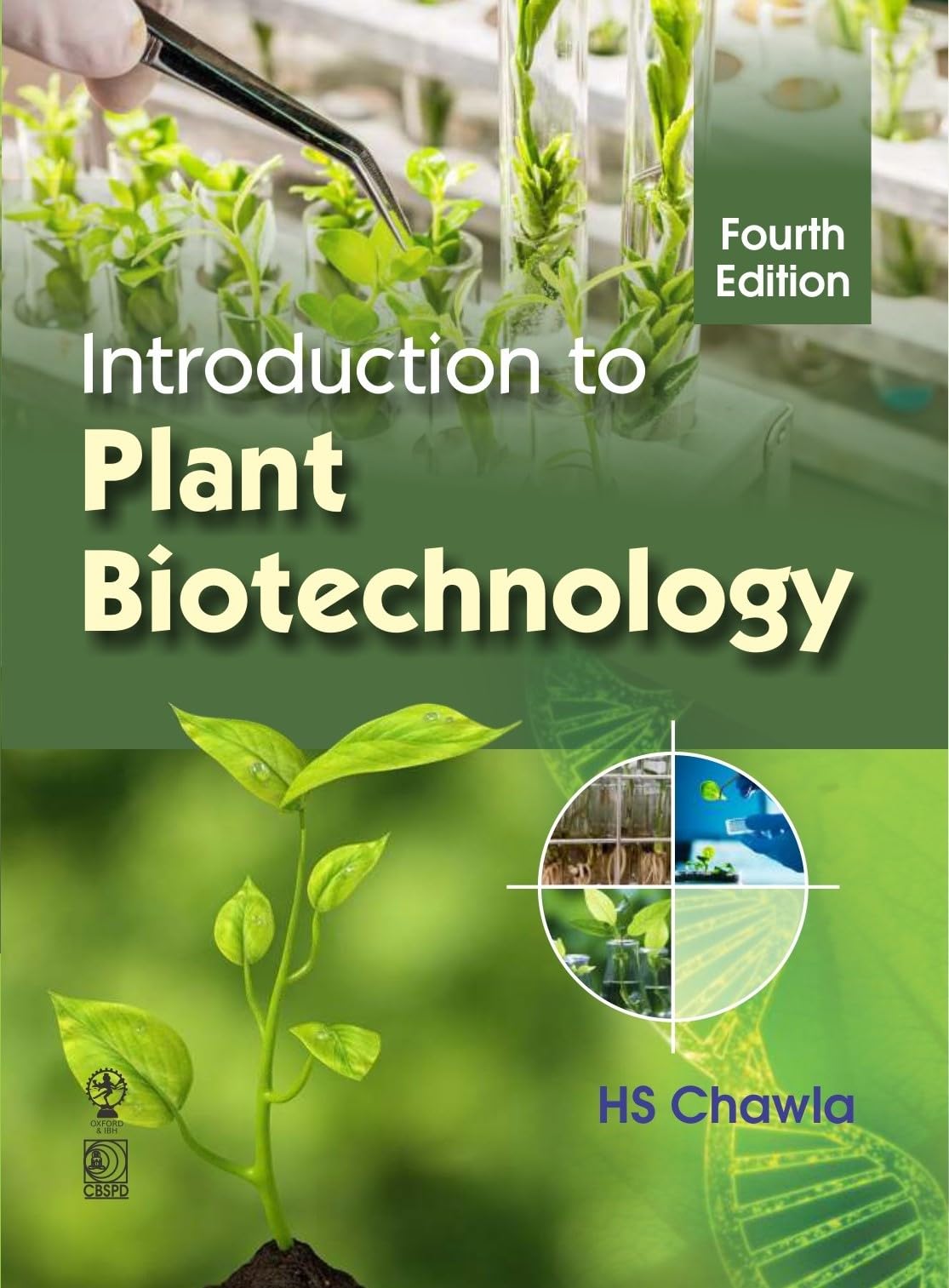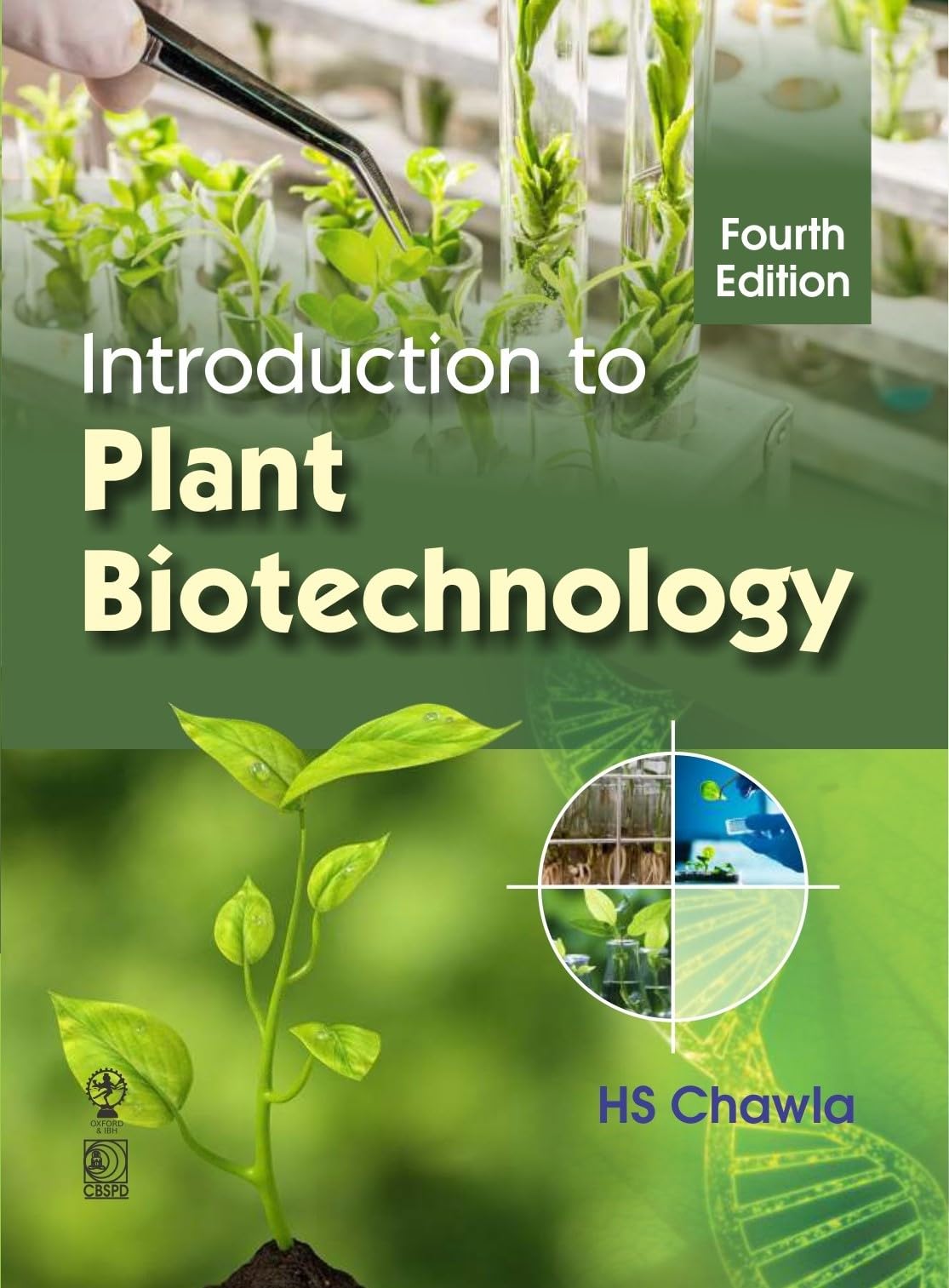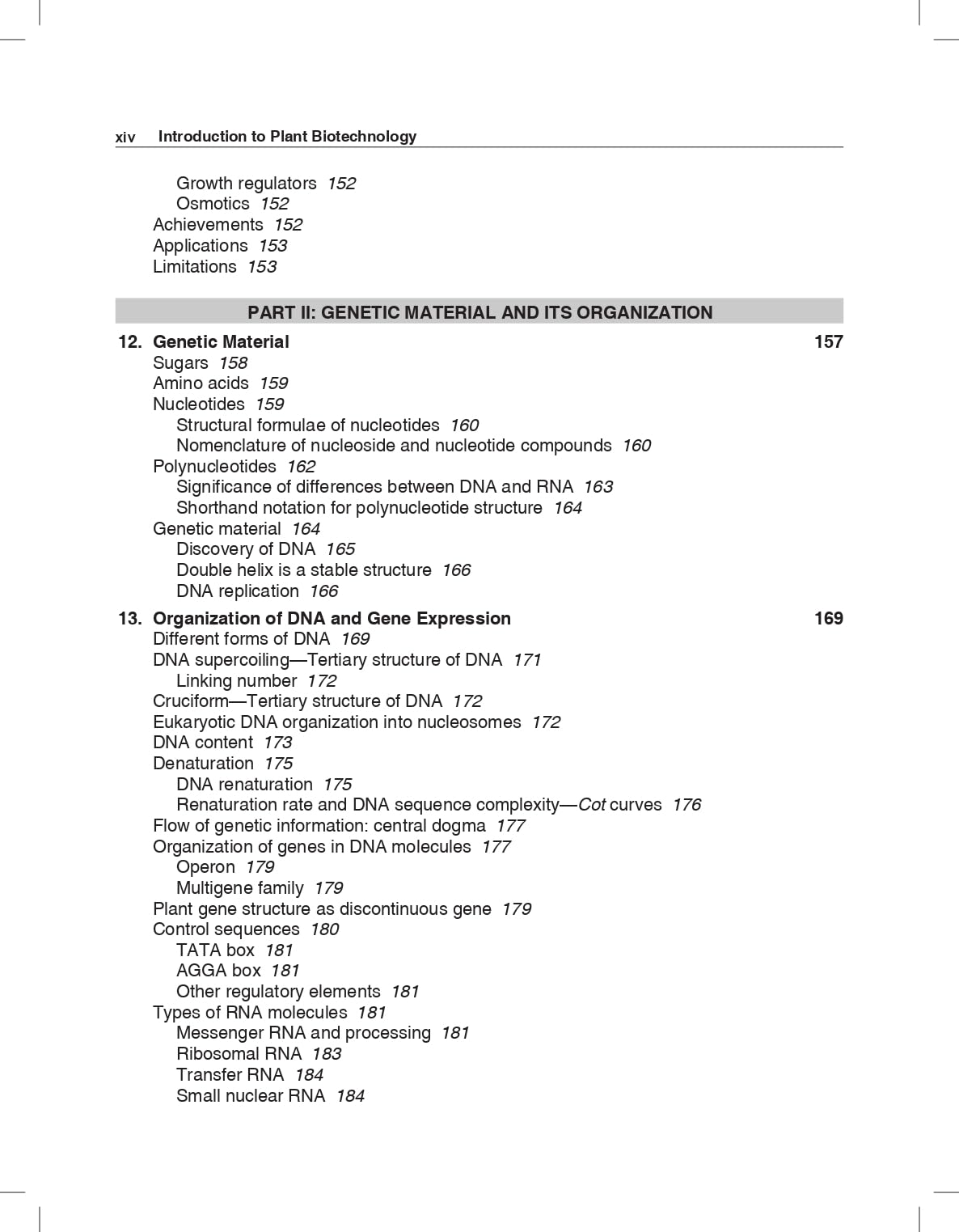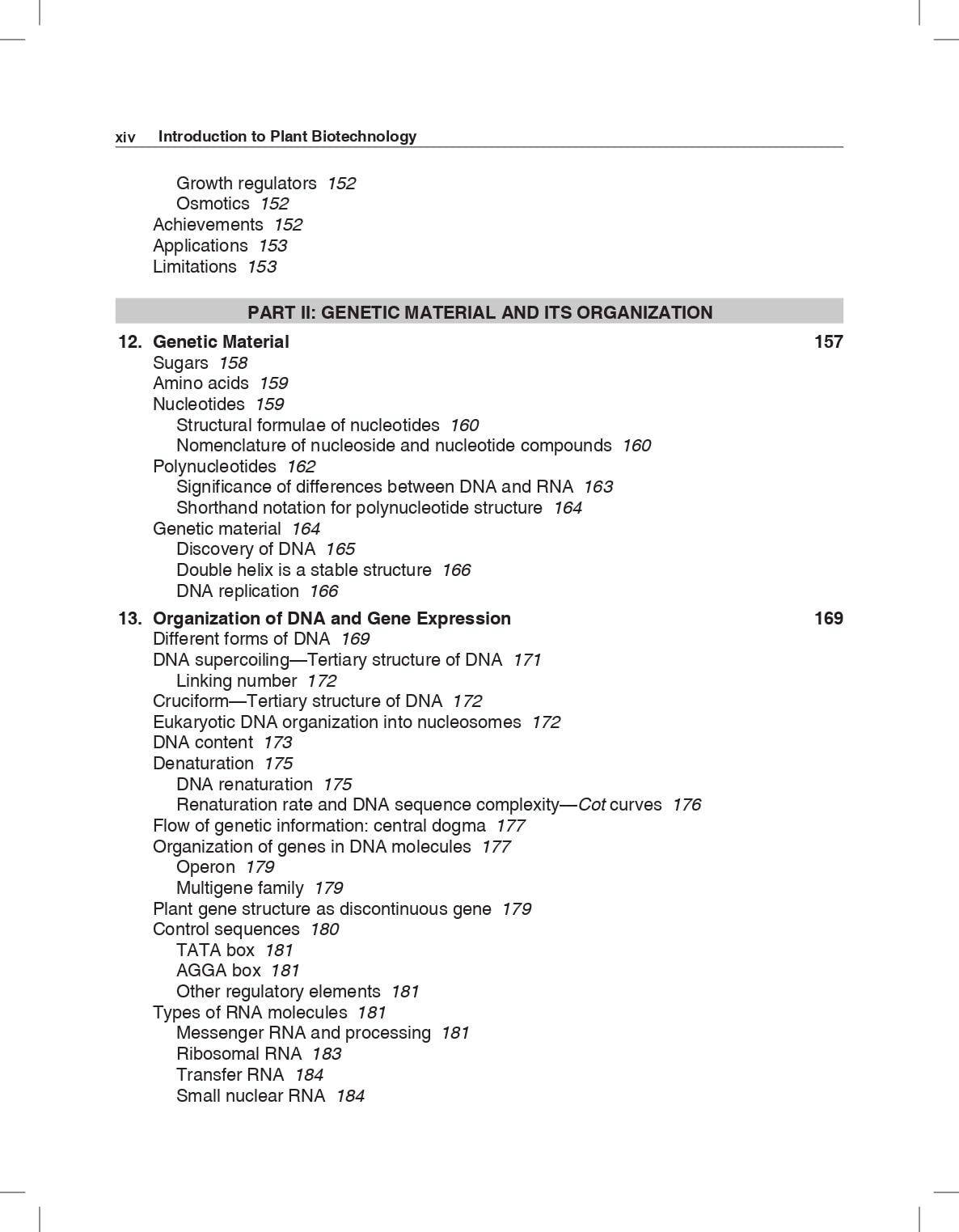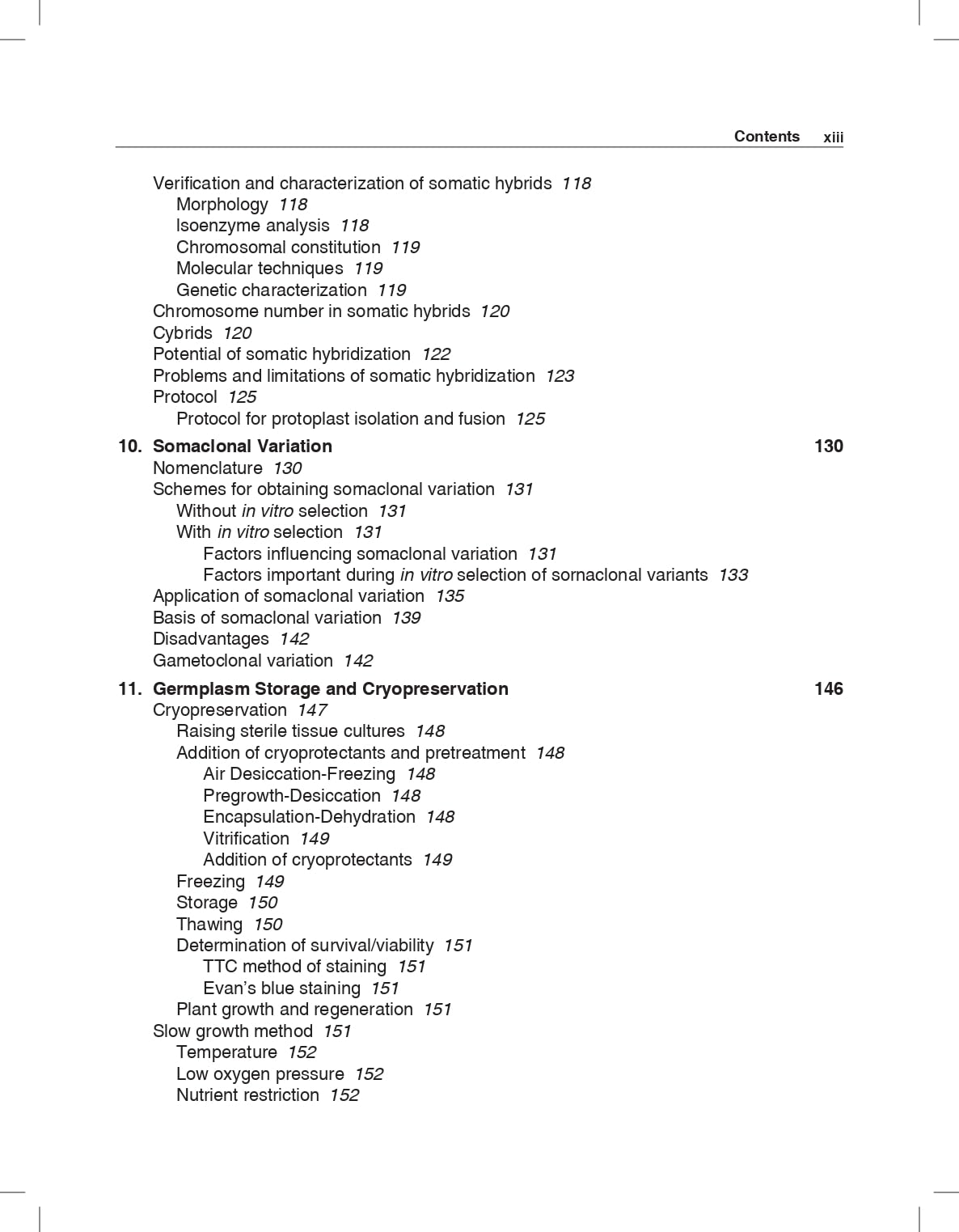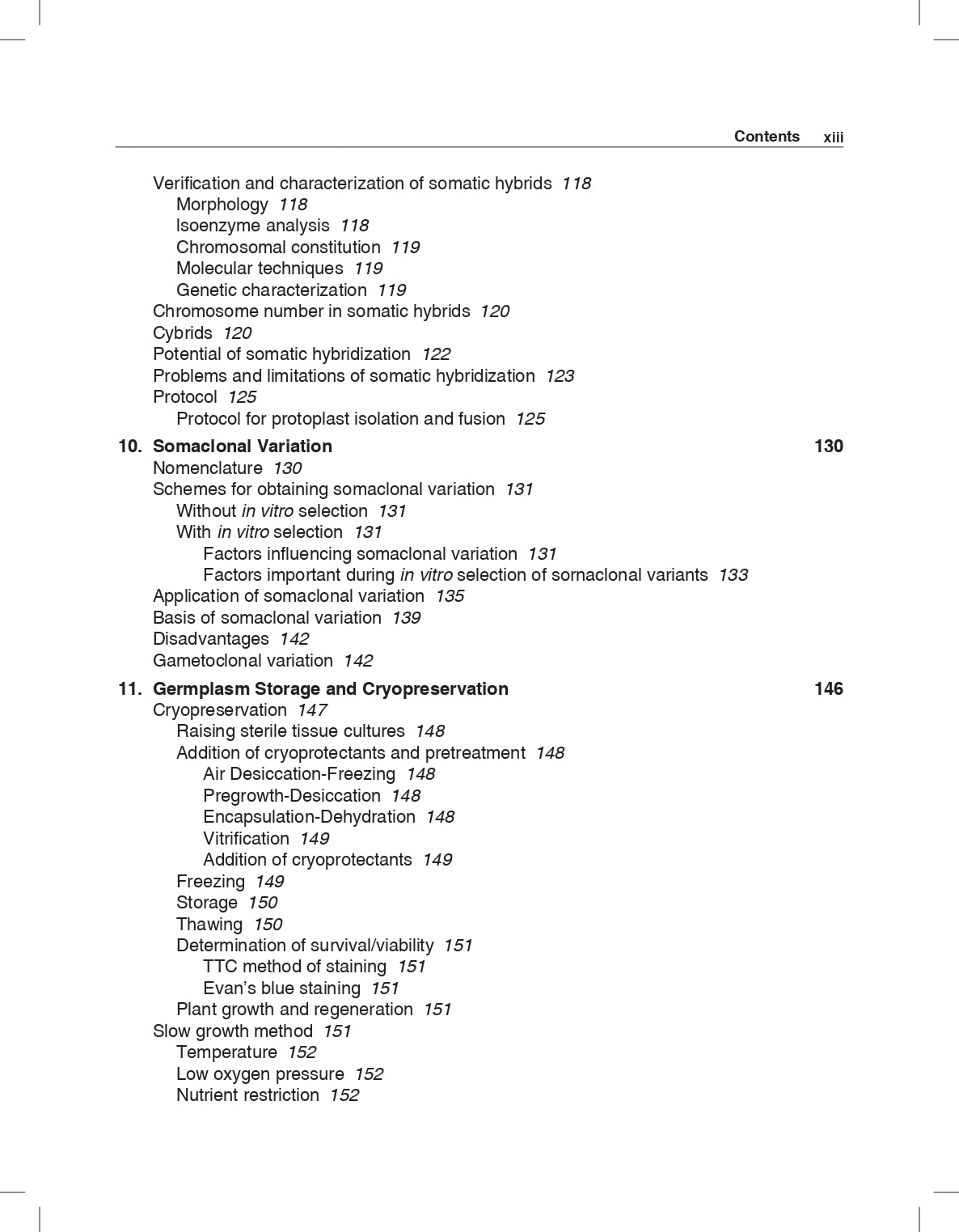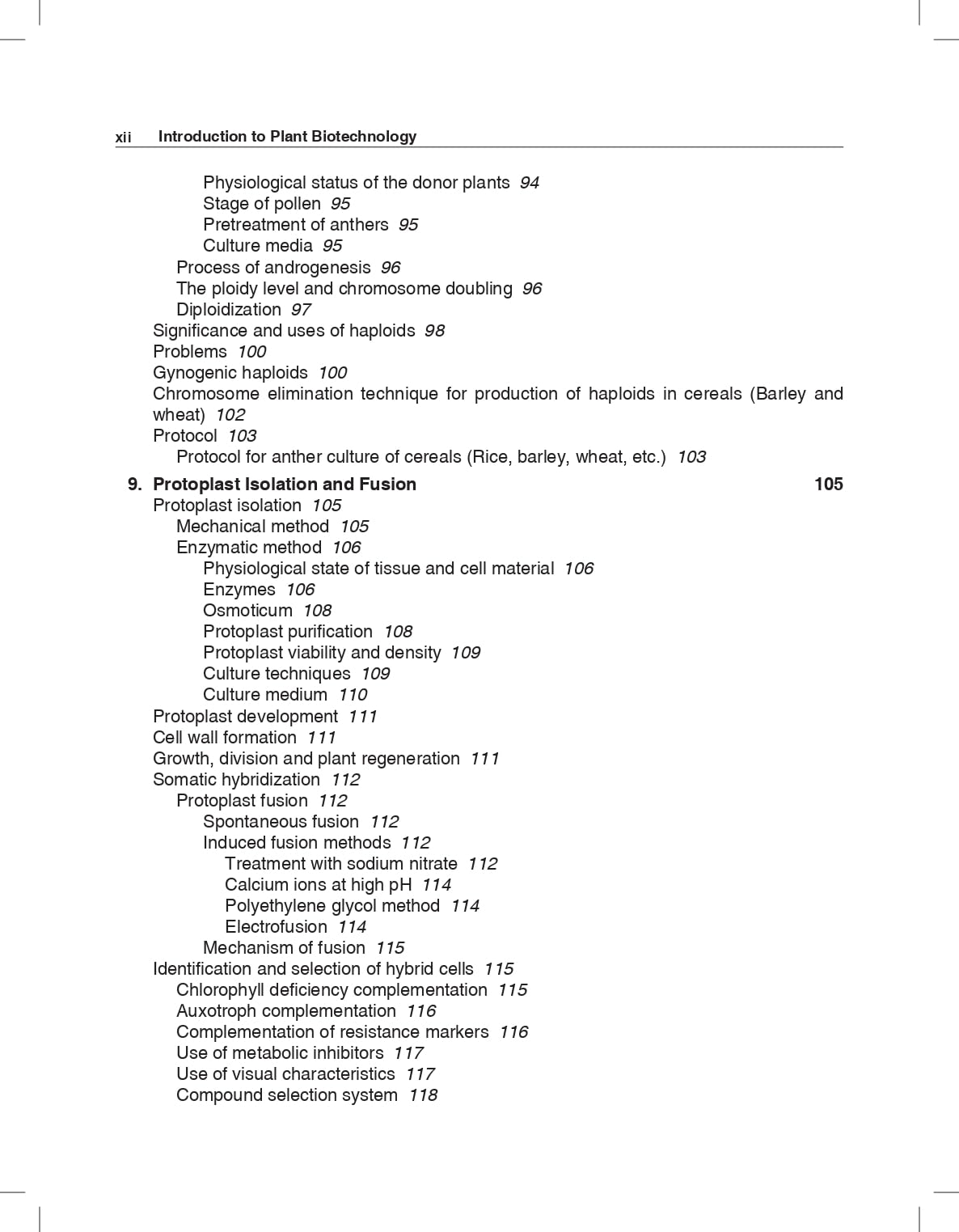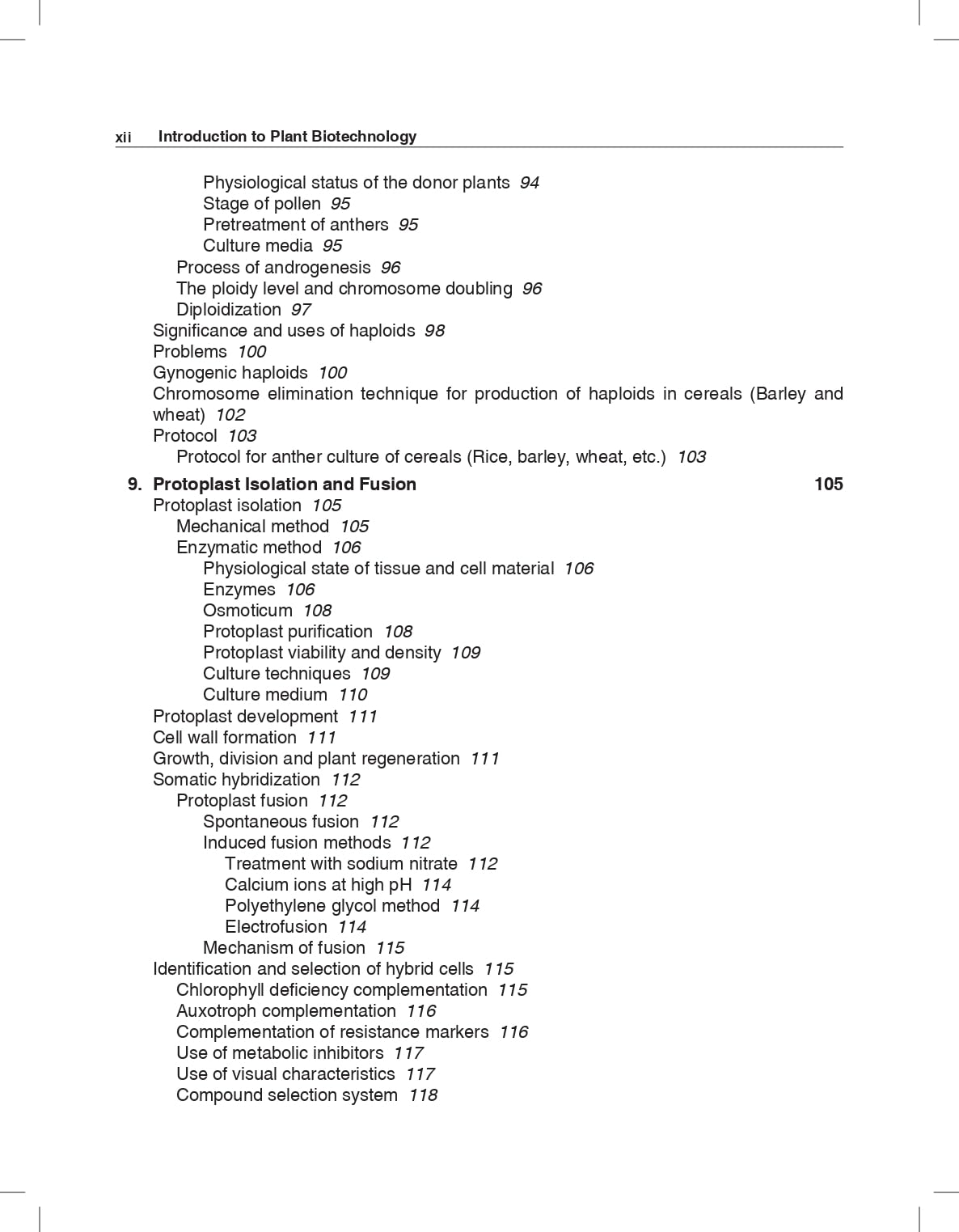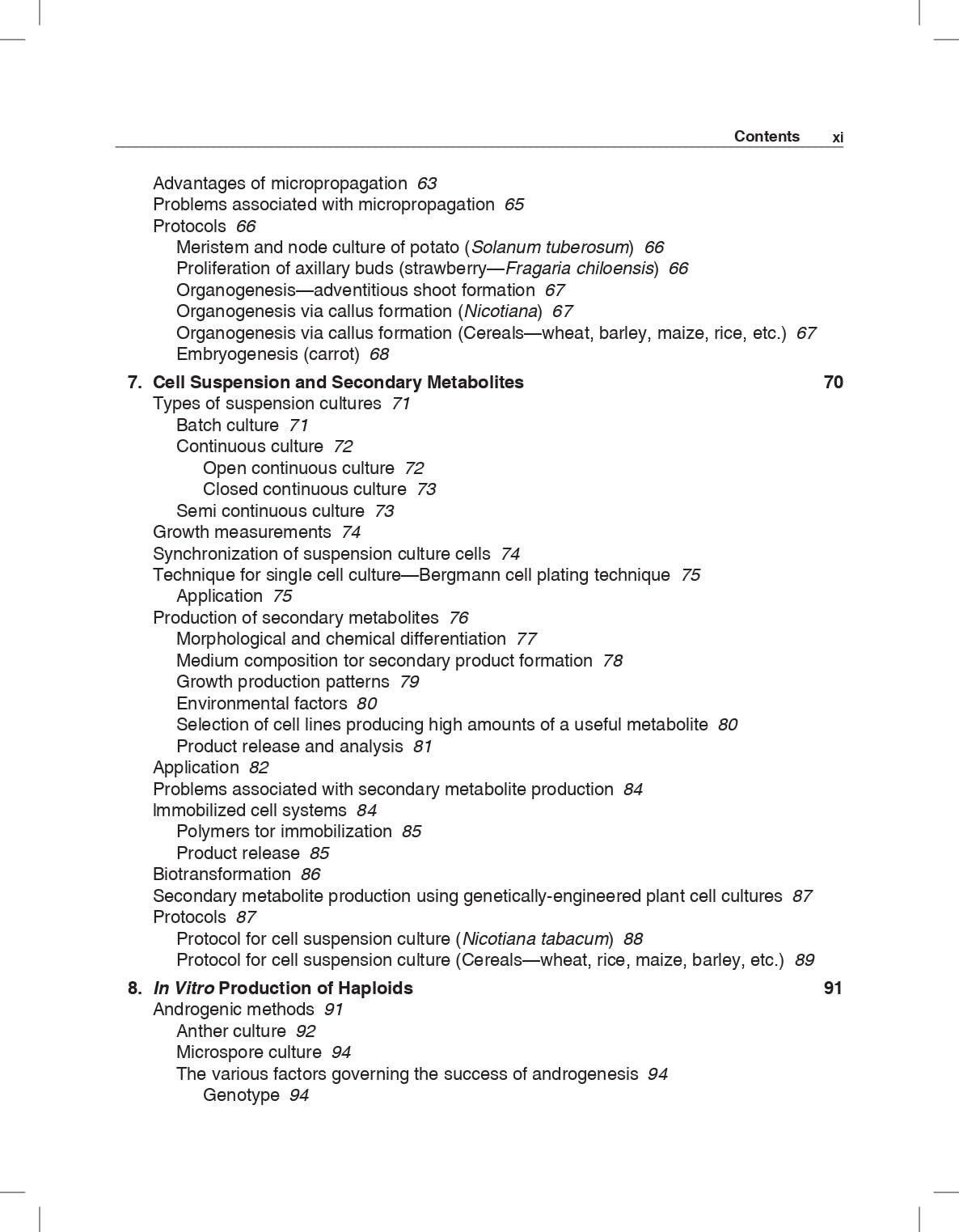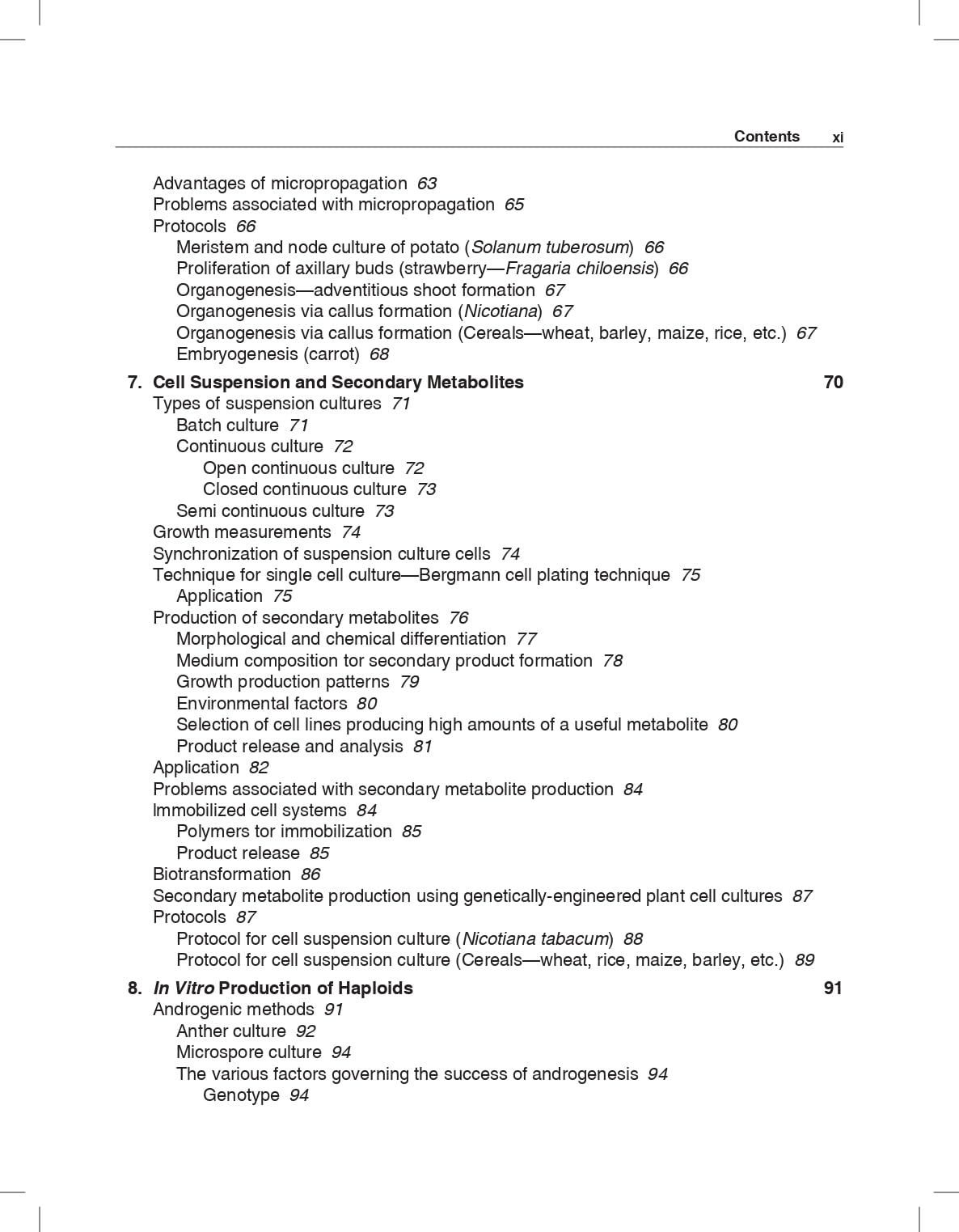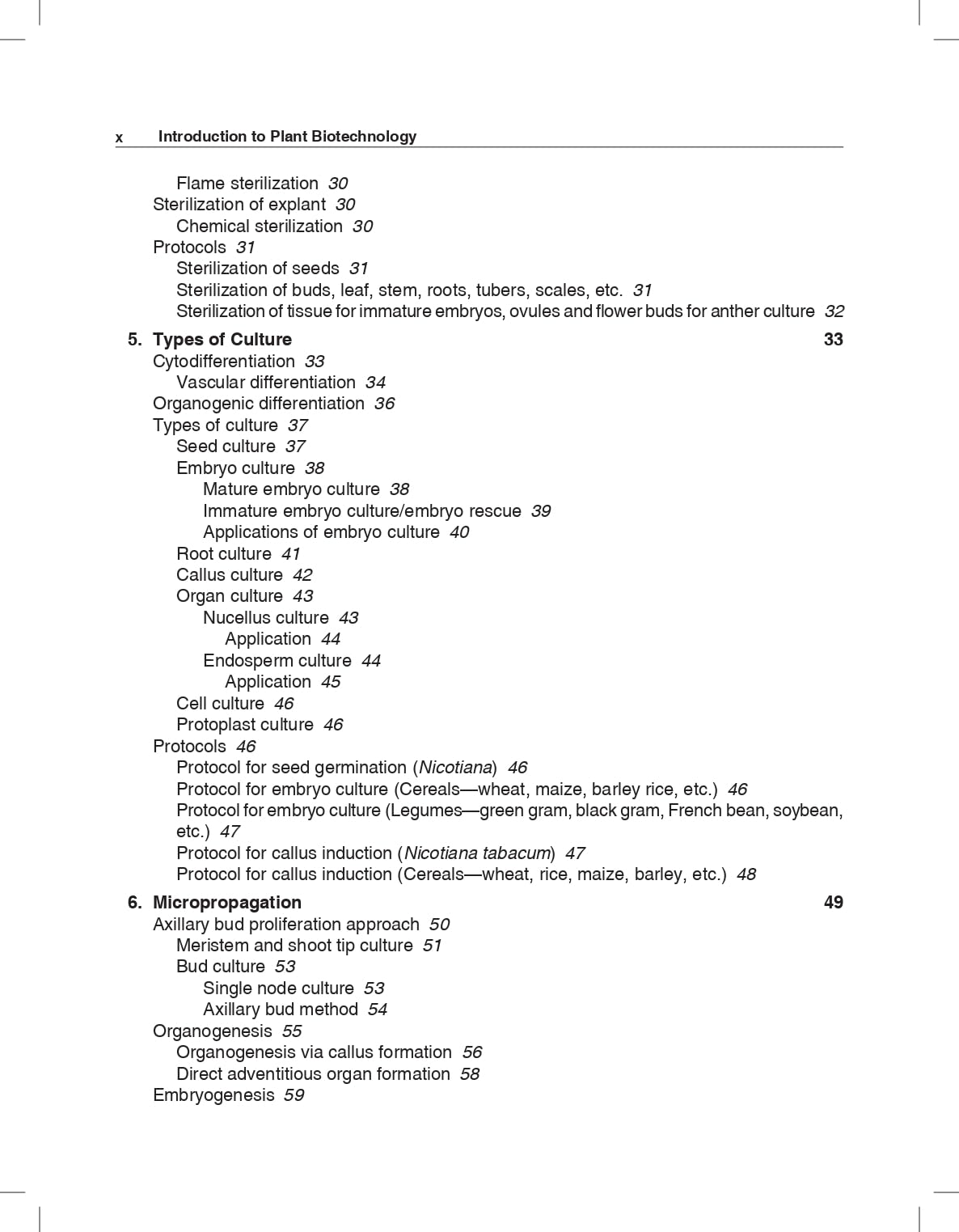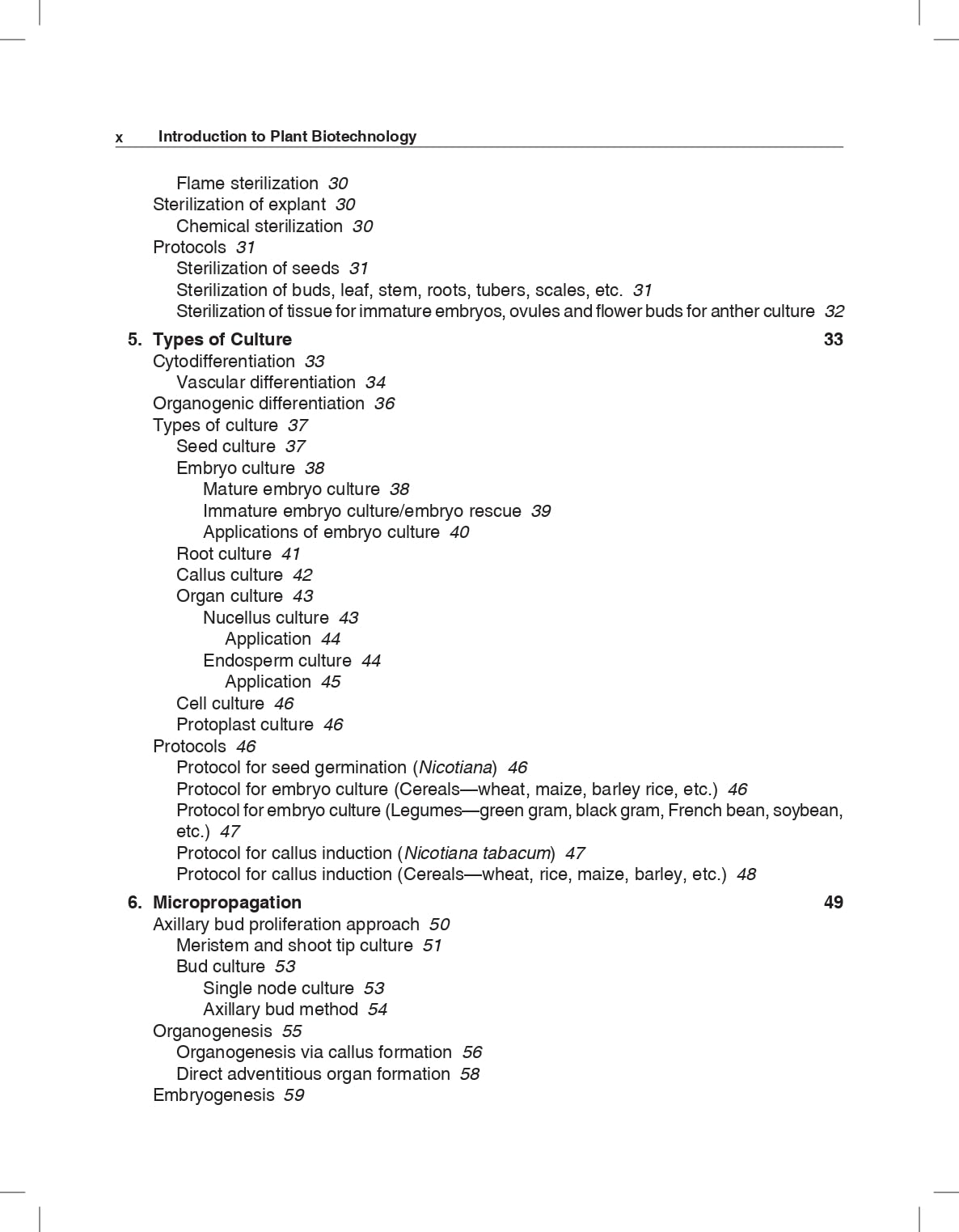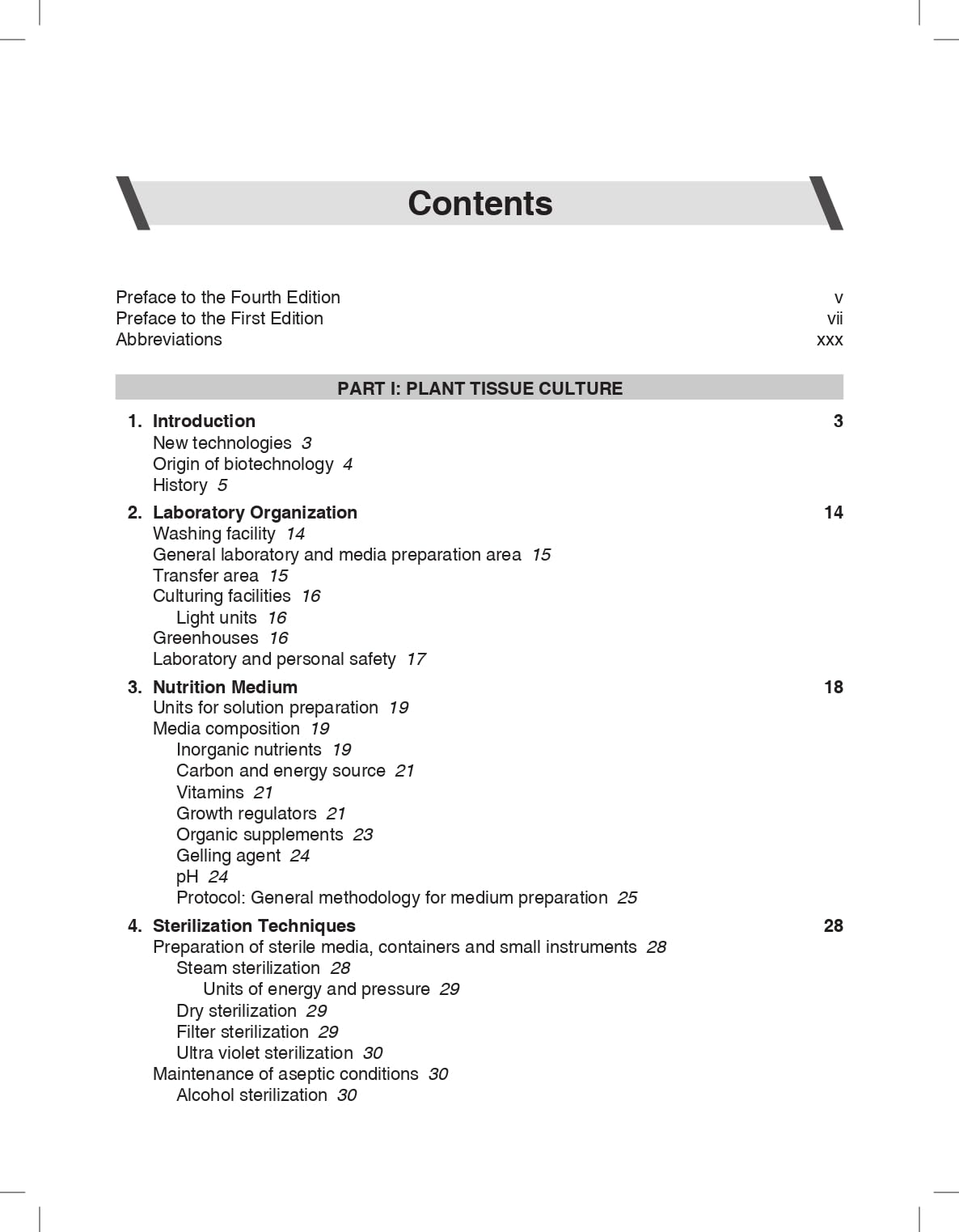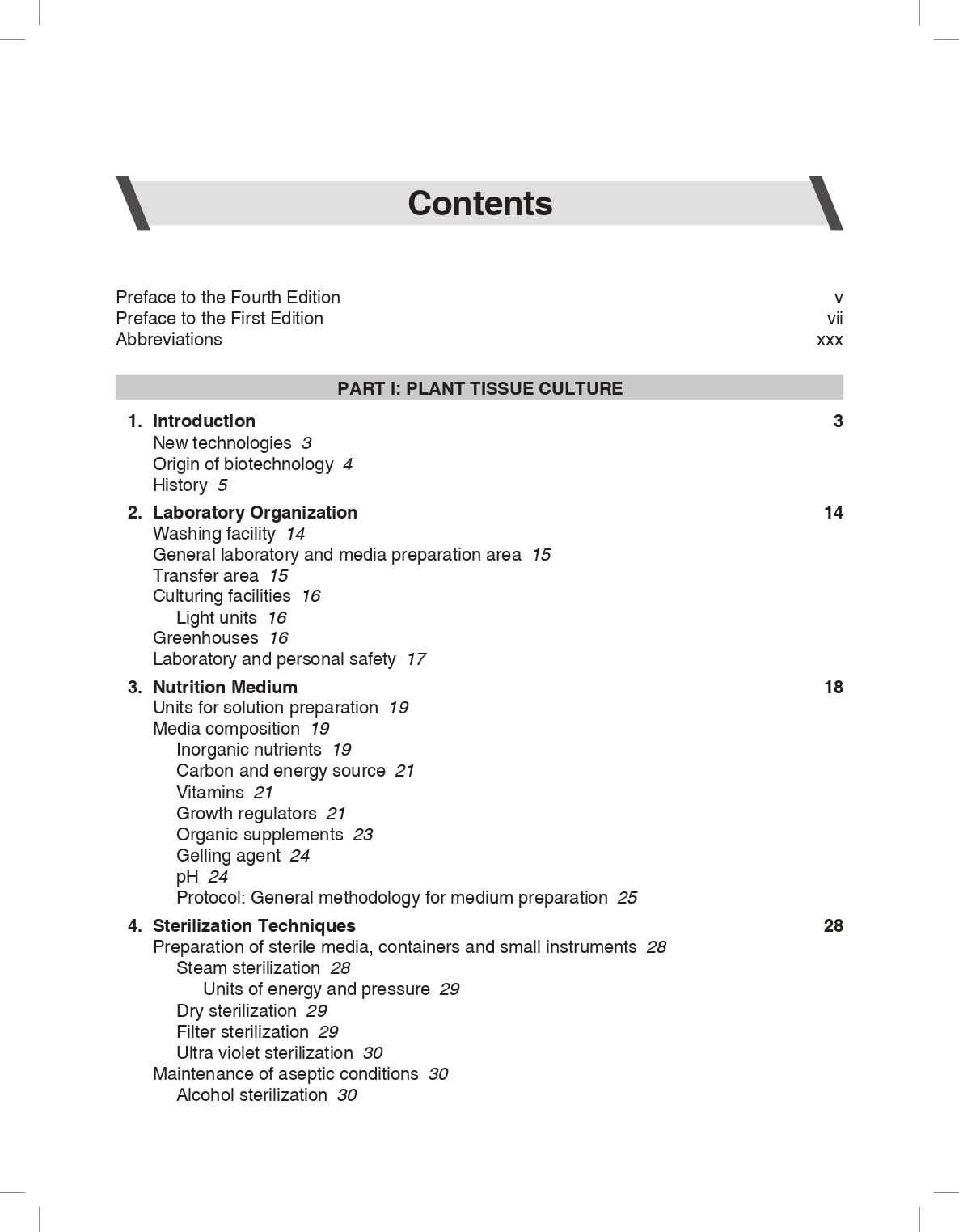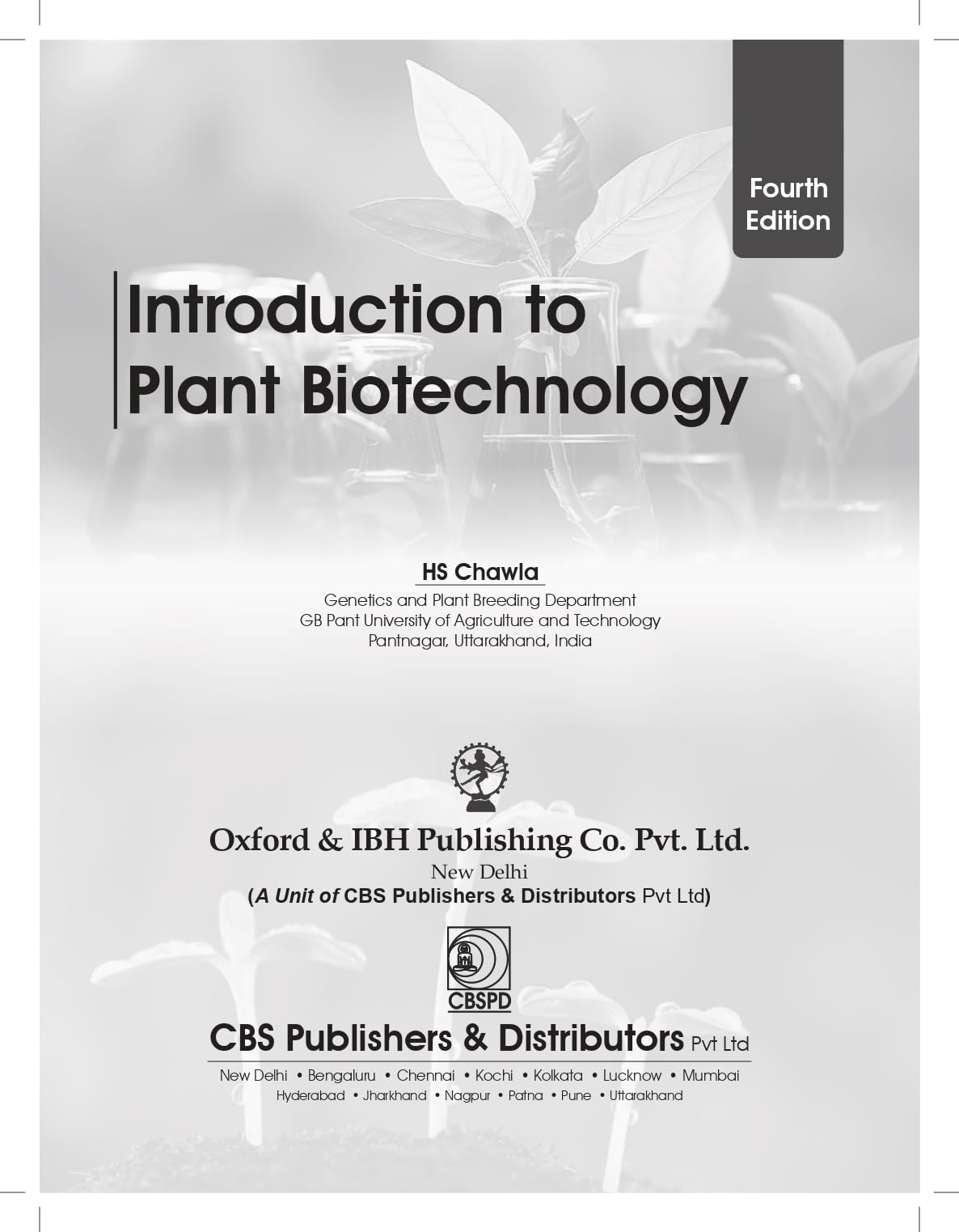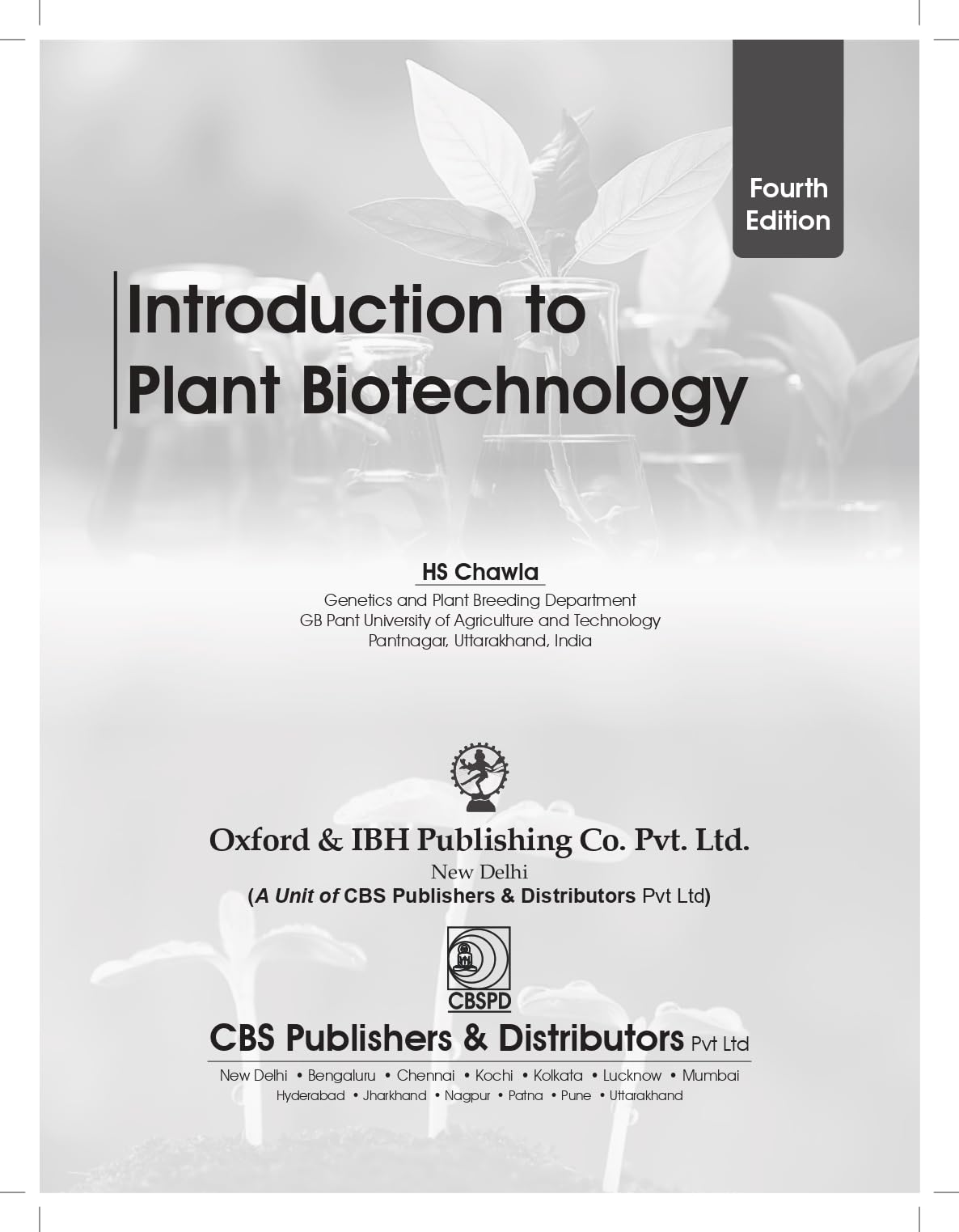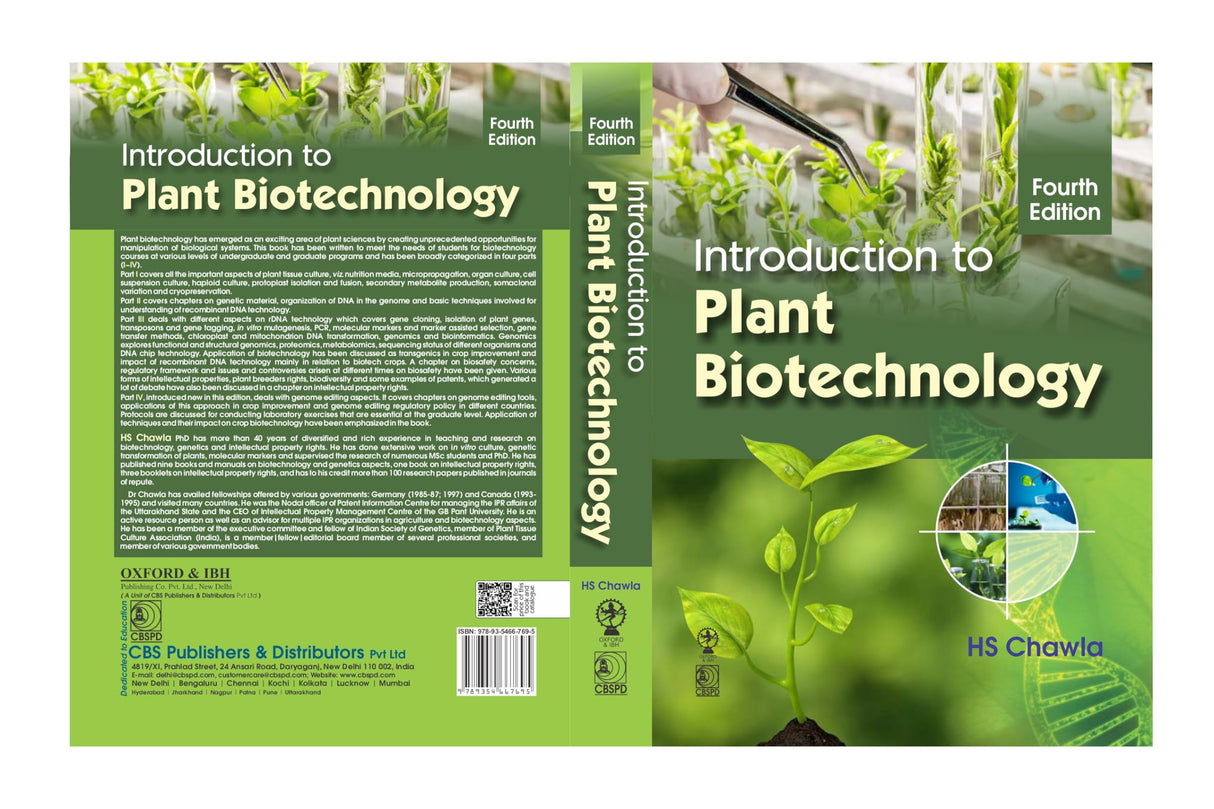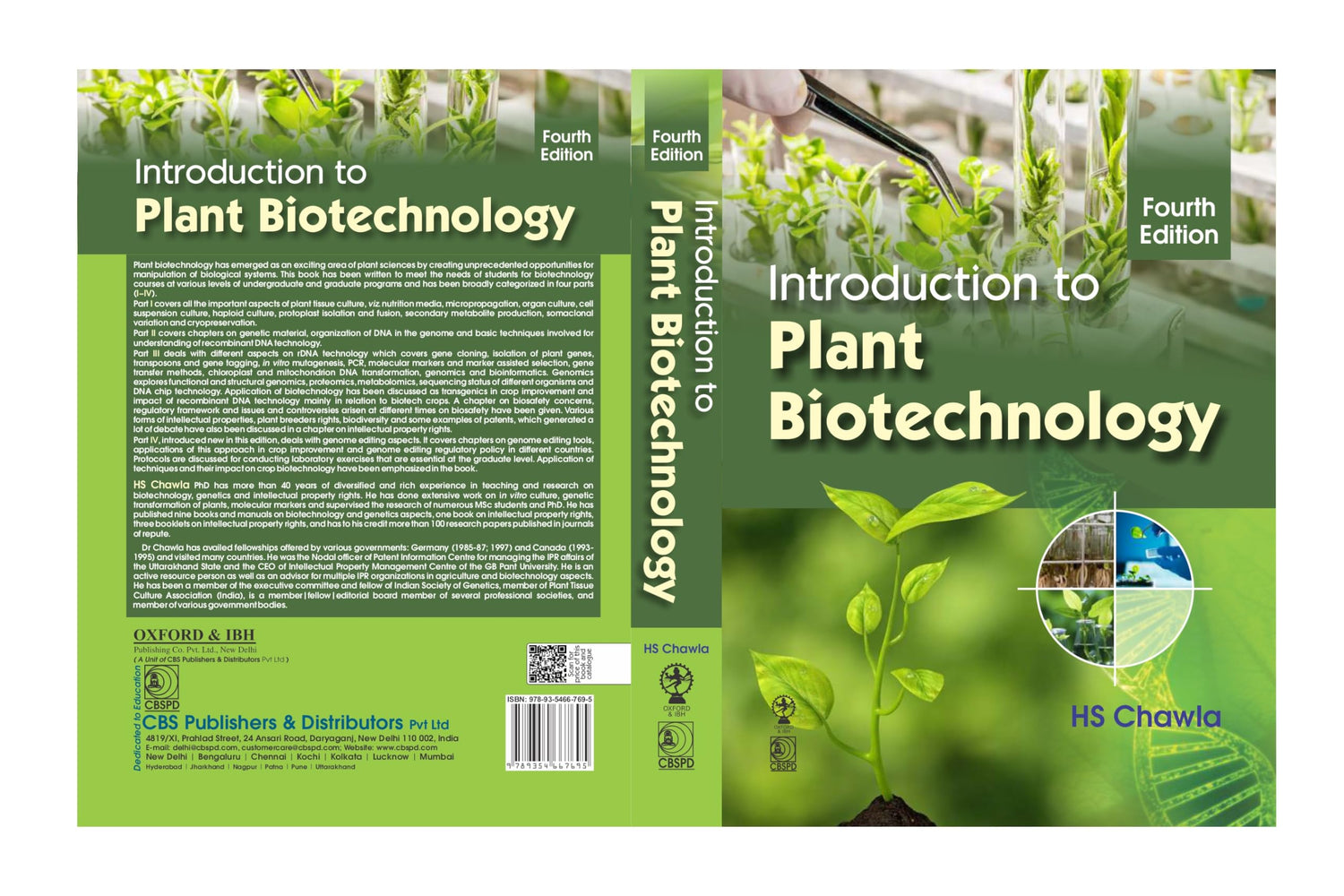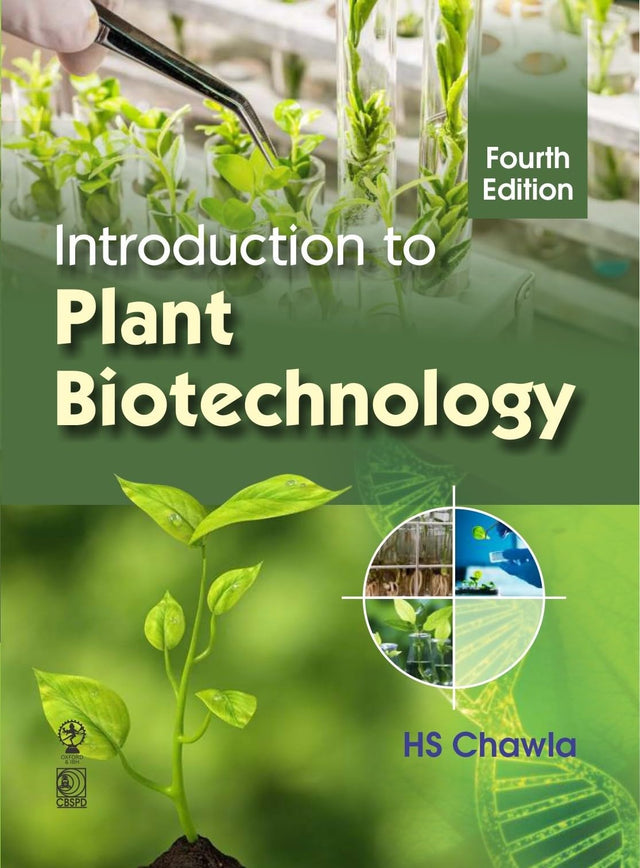Introduction to Plant Biotechnology, 4/e
Introduction to Plant Biotechnology, 4/e is backordered and will ship as soon as it is back in stock.
Couldn't load pickup availability
Genuine Products Guarantee
Genuine Products Guarantee
We guarantee 100% genuine products, and if proven otherwise, we will compensate you with 10 times the product's cost.
Delivery and Shipping
Delivery and Shipping
Products are generally ready for dispatch within 1 day and typically reach you in 3 to 5 days.
Book Details
-
Author: H.S. Chawla
-
Publisher: CBSPD
-
Binding: Paperback
-
Number of Pages: 800
-
Release Date: 30-03-2024
-
ISBN: 9789354667695
-
Languages: English
-
Package Dimensions:
-
Length: 9.4 inches
-
Width: 7.3 inches
-
Height: 1.4 inches
-
About The Book
Plant Biotechnology by H.S. Chawla is a comprehensive and cutting-edge textbook that provides an in-depth exploration of the dynamic field of plant biotechnology. Written to meet the needs of students at both undergraduate and graduate levels, the book is organized into four parts to cover the full spectrum of plant biotechnology.
Part I delves into the essential aspects of plant tissue culture, including nutrition media, micropropagation, organ culture, cell suspension culture, haploid culture, protoplast isolation and fusion, secondary metabolite production, somaclonal variation, and cryopreservation.
Part II addresses the organization of DNA in the genome, providing a clear understanding of the foundational techniques used in recombinant DNA technology, which is central to genetic manipulation in plants.
Part III explores the multifaceted world of recombinant DNA (rDNA) technology. It covers crucial topics such as gene cloning, isolation of plant genes, transposons, gene tagging, in vitro mutagenesis, PCR, molecular markers, marker-assisted selection, gene transfer methods, and much more. Genomics and bioinformatics are discussed in depth, including functional and structural genomics, proteomics, metabolomics, sequencing status, DNA chip technology, and the application of biotechnology in crop improvement. The book also tackles important biosafety concerns and regulatory frameworks related to recombinant DNA technology, along with the issues and controversies surrounding biotech crops and intellectual property rights.
Part IV, a new addition in this edition, introduces the highly relevant field of genome editing. This section covers genome editing tools, their applications in crop improvement, and the regulatory policies surrounding genome editing in different countries.
This 800-page textbook is a definitive guide for students, researchers, and professionals interested in the rapidly advancing field of plant biotechnology. With its detailed chapters and clear explanations, it offers valuable insights into both the theoretical and practical aspects of plant biotechnology, making it a must-have resource in the field. The book's dimensions (9.4 x 7.3 x 1.4 inches) make it a practical reference for both classroom study and professional use.

